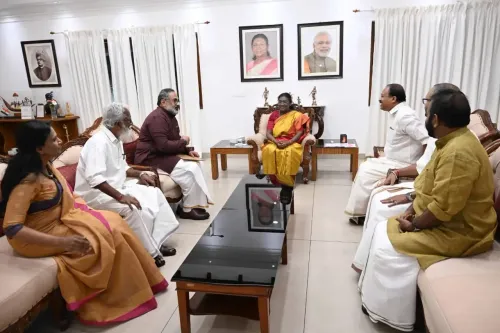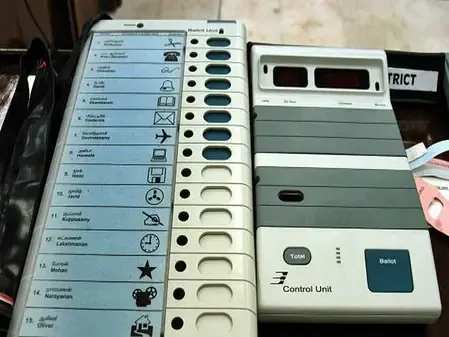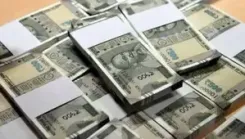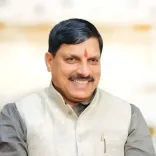How is Jitan Ram Manjhi Praising PM Modi’s Vision and GST Reforms?
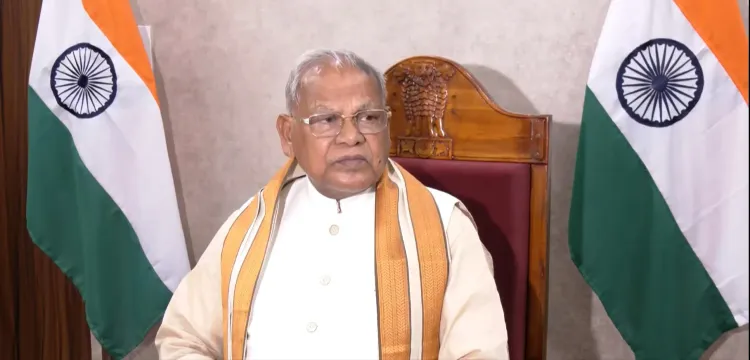
Synopsis
Key Takeaways
- Union Minister Jitan Ram Manjhi praises PM Modi's development initiatives.
- Recent Cabinet decisions on MSMEs are deemed pivotal for economic growth.
- GST reforms include significant changes aimed at consumer relief and economic resilience.
- Empowering small businesses is crucial for India's overall welfare.
- India aims to become the third-largest economy by 2030.
New Delhi, Sep 4 (NationPress) Union Minister Jitan Ram Manjhi praised Prime Minister Narendra Modi's comprehensive development strategy, referring to the recent Cabinet decisions regarding Micro, Small and Medium Enterprises (MSMEs) and the Goods and Services Tax (GST) as pivotal steps towards achieving a 'Viksit Bharat' by 2047.
Addressing the media in Delhi, Manjhi remarked, “PM Modi is unwaveringly dedicated to the progress of both India and Bihar. His vision emphasizes that empowering small entrepreneurs, farmers, and MSMEs is essential; large industries alone cannot guarantee the welfare of the populace. This is the rationale behind the separation of MSME from the Industries Ministry.”
He pointed out that since 2020, approximately seven crore new MSME units have been established. “If each unit provides employment to even five individuals, that translates to nearly 35 crore jobs created. MSMEs account for 31 percent of GDP, 35 percent of manufacturing, and 46 percent of exports. After agriculture, MSMEs are the second-largest contributors to India’s economy. The Vishwakarma Yojana is yet another initiative aimed at fortifying small industries,” he elaborated.
Regarding GST reforms, Manjhi deemed the decision made on Wednesday as “historic.”
He stated, “The government has streamlined GST into two tiers – 5 percent and 18 percent. Luxury and intoxicating goods will now incur a 40 percent GST to deter excessive consumption of fashion and alcohol. Notably, the GST on health and insurance, which was previously 18 percent, has been slashed to zero, providing significant relief to citizens.”
Manjhi further emphasized that these reforms would enhance India’s global economic resilience. “Certain nations are attempting to intimidate India through tariffs. Our new GST reforms will serve as a tool against that,” he remarked, alluding to the tariffs instituted by former US President Donald Trump on Indian products.
As India aspires to become the world’s third-largest economy by 2030, Manjhi stressed that Modi’s motto of ‘Sabka Saath, Sabka Vikas, Sabka Vishwas, Sabka Prayas’ will steer the nation’s economic ascent.

